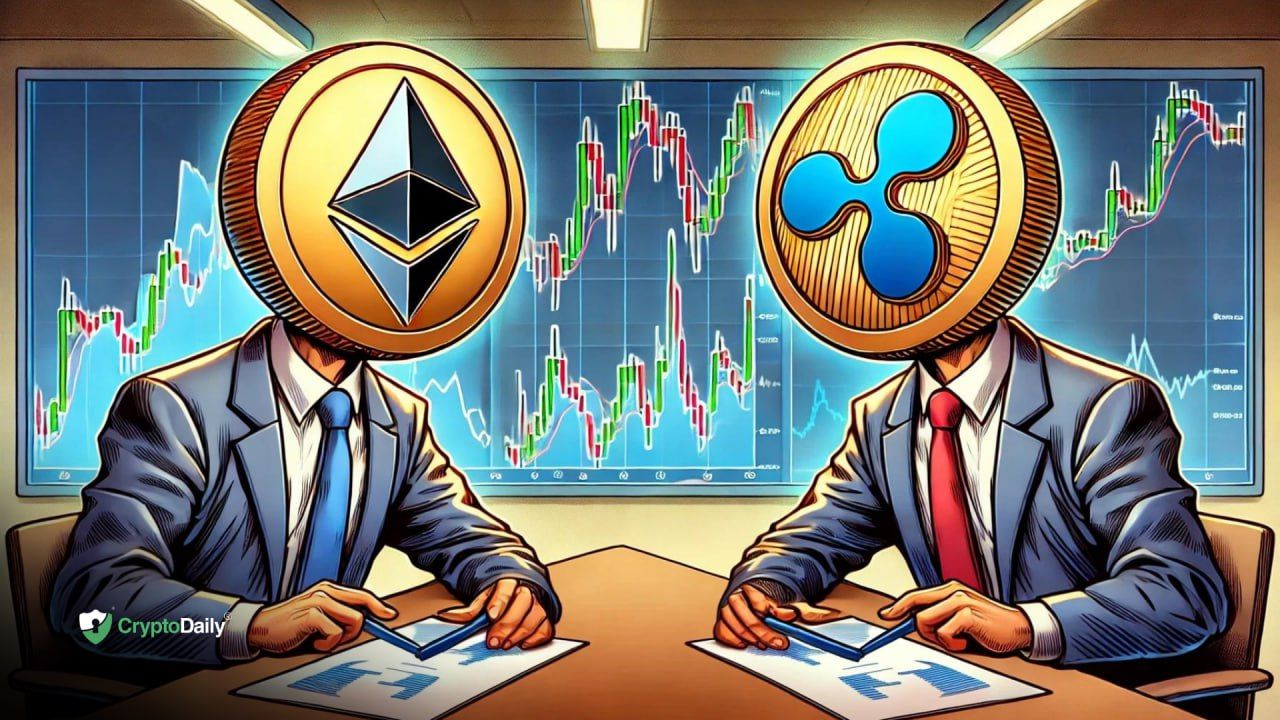Dubai’s Virtual Asset Regulator Authority (VARA) has sparked great conversations in the crypto sector. According to reports, VARA hosted some of the world’s most successful digital assets and Web3 companies in late May to discuss Dubai’s daring new regulator strategy, which goes hand in hand with the city’s newly released D33 – a 10-year economic agenda.
The agenda intended to double the size of the economy over the next decade. The plan would establish Dubai as a leading global financial services and talent hub alongside New York, London, Hong Kong, and Singapore. Finally, it is set to strengthen the country’s other key sectors, such as logistics, trade, manufacturing, and tourism.
Dubai’s VARA sees an influx of VASPs as its licensing regime takes off
The crypto industry in the West has become quite hostile with the ongoing SEC market crackdown. Due to this, market investors and providers have begun to set up shop in Dubai and Hong Kong. According to market commentators, VARA places Dubai among a small group of global jurisdictions that have established a robust framework for crypto and virtual assets. While speaking to Forbes, Henson Orser, CEO of VARA, stated:
The VARA framework expects to see several hundred virtual asset exchanges and service providers in Dubai start to come into its licensing regime in 2023.
Henson Orser
At the same time, Hong Kong is pushing for a slice of the crypto and digital asset industry with the creation of a new crypto licensing framework. Furthermore, Hong Kong’s banking authority is pressuring financial institutions such as HSBC and Standard Chartered to accept crypto exchanges as clients.
In parallel, the Central Bank of the UAE issued new guidelines on anti-money laundering and counter-terrorism financing (AML/CFT) for Licensed Financial Institutions (LFIs), banks, finance companies, exchange houses, payment service providers, virtual assets, and virtual asset service providers. While VARA released its virtual asset rules for the virtual asset transfer and settlement service.
Both governments are demonstrating to digital asset entities that they are serious about business. According to a report as quoted by laraontheblock, Ben Caselin, CEO of Maskex, states that Dubai and Hong Kong are establishing themselves as crypto hubs by realizing the potential of virtual assets and blockchain technology. He states that:
Much of the discussion has focused on whether Dubai, Hong Kong or indeed some other jurisdiction will come out on top. However, the debate is much more nuanced than that. The emergence of Dubai and Hong Kong as crypto centers is really a testament to the power of healthy competition in spurring innovation in the Web3 space.
Ben Caselin
He believes that as the United States grapples with crypto regulation, there is a significant opportunity for other nations to assert themselves on the more level playing field offered by a digital-first global economy. Both Dubai and Hong Kong are well-positioned to lead thanks to their favorable and robust regulatory environments.
Despite being on similar paths, Dubai and Hong Kong’s push into the crypto and Web3 space is motivated by distinct factors. According to him, Hong Kong intends to revitalize the greater Chinese economy, whereas Dubai seeks to reduce its dependency on oil.
OKX sets up shop in Dubai
According to reports, OKX, a crypto exchange and Web3 technology company, has been awarded a preliminary license by Dubai’s VARA as it tries to expand its position in the Middle East.
OKX has launched a new office in Dubai World Trade Center and plans to expand its Dubai personnel to 30 people, with a focus on local hires and senior management. OKX also intends to bring its nine-figure brand relationships to the UAE through customer and fan-focused activations and activities.
The MVP preparatory license enables approved licensees to meet all of the prerequisites for conducting MVP operations under the VARA system. Once licensed and operating, OKX Middle East will be able to expand its approved suite of duly regulated virtual assets activities and provide institutional and qualified retail customers with spot, derivatives, and fiat services, including USD and AED deposits, withdrawals, and spot pairs
Operators can apply for seven different categories of regulated virtual asset activity licenses: advisory, broker-dealer, custody, exchange, loan and borrowing transfer, settlement, management and investment services, and so on.
An MVP is a low-fidelity version of a service that can be deployed to test market fit and receive feedback. According to Vara’s website, it comes before full market product (FMP) status. Following the preparatory and provisional stages, the third and final step in Vara’s MVP process is obtaining an operational license.





